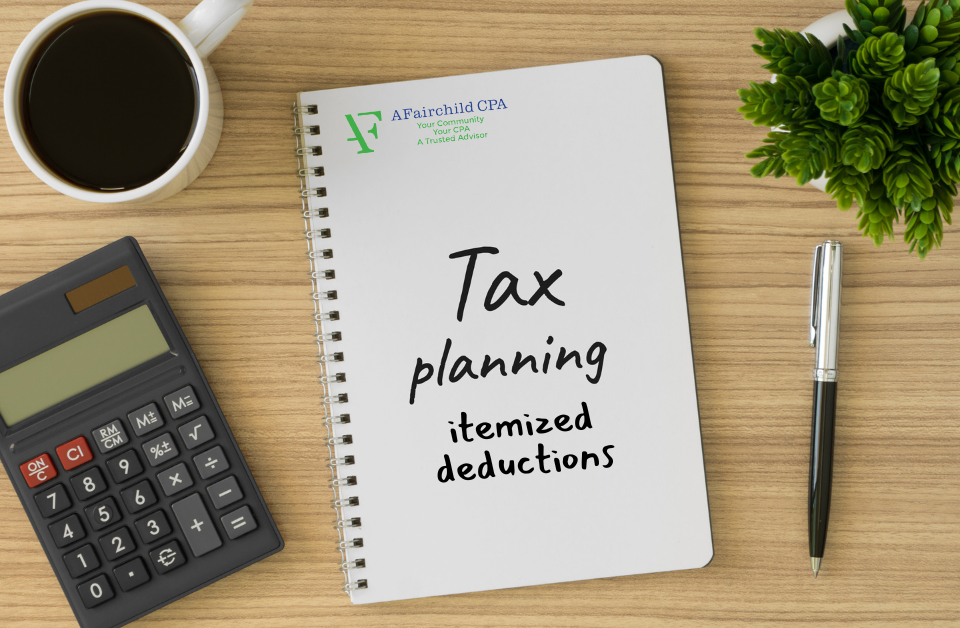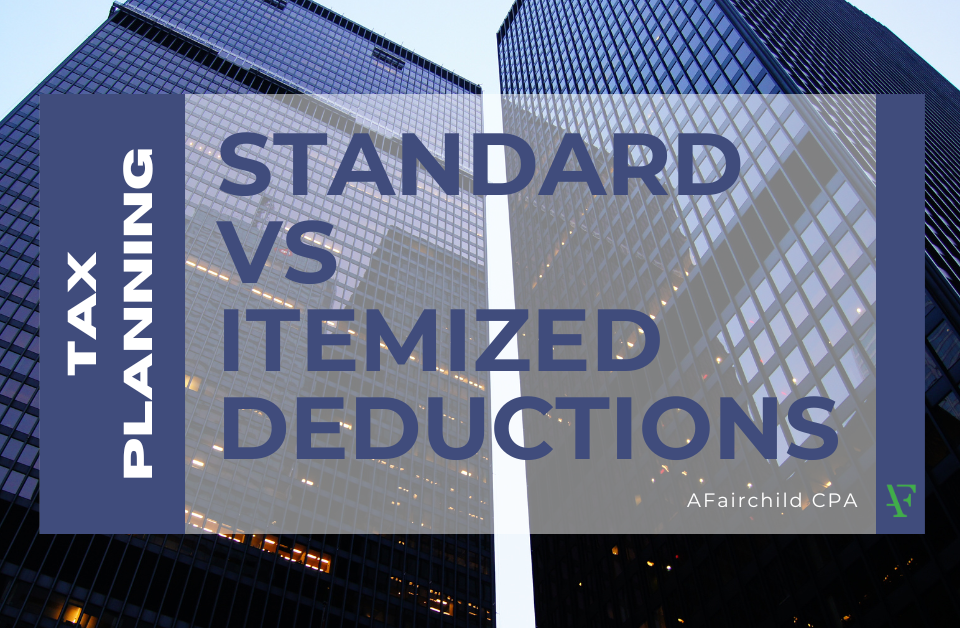
Congress gives a holiday gift in the form of favorable tax provisions
January 16, 2020
New rules will soon require employers to annually disclose retirement income to employees
January 20, 2020Technology has made it easier to work from home so lots of people now commute each morning to an office down the hall. However, just because you have a home office space doesn’t mean you can deduct expenses associated with it.
Regularly and exclusively
In order to be deductible for 2019 and 2020, you must be self-employed and the space must be used regularly (not just occasionally) and exclusively for business purposes. If, for example, your home office is also a guest bedroom or your children do their homework there, you can’t deduct the expenses associated with the space.
Two options
If you qualify, the home office deduction can be a valuable tax break. There are two options for the deduction:
- Write off a portion of your mortgage interest, property taxes, insurance, utilities and certain other expenses, as well as the depreciation allocable to the office space. This requires calculating, allocating and substantiating actual expenses.
- Take the “safe harbor” deduction. Only one simple calculation is necessary: $5 times the number of square feet of the office space. The safe harbor deduction is capped at $1,500 per year, based on a maximum of 300 square feet.
Changes through 2025
Under prior tax law, if you were an employee (as opposed to self-employed), you could deduct unreimbursed home office expenses as employee business expenses, subject to a floor of 2% of adjusted gross income (AGI) for all your miscellaneous expenses. To qualify under prior law, a home office had to be used for the “convenience” of your employer.
Unfortunately, the TCJA suspends the deduction for miscellaneous expenses through 2025. Without further action from Congress, employees won’t be able to benefit from this tax break for a while. However, deductions are still often available to self-employed taxpayers.
If, however, you’re self-employed, you can deduct eligible home office expenses against your self-employment income. Therefore, the deduction will still be available to you through 2025.
More requirements
Be aware that we’ve covered only a few of the requirements here. We can help you determine if you’re eligible for a home office deduction and, if so, establish the appropriate method for getting the biggest possible deduction.
© 2019




